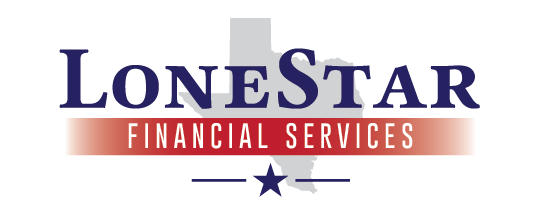Planning for retirement can involve many areas of consideration and hard-to-answer questions. Here we have highlighted some key concerns and questions for you to think about as you begin the retirement planning process.
How Much Do I Need To Retire?
This is probably the most pressing question consumers have regarding retirement planning. Although it seems like a simple question to answer, it can be a difficult one because of the many variables and factors that come into play with building a successful financial plan. Think about how much you can save. How much will you have available to allocate toward any number of retirement programs and financial instruments? When do you want to retire?
Even if you have concrete numbers to work with—i.e. “I can save X amount over X years and retire at X time—you still may not be positioned with a robust enough retirement portfolio because of growing concerns like inflation, taxes, and longer life expectancies. These factors are causing some of this generation’s retirees to outlive their money or reduce their quality of life during retirement.
So a simple answer to the question to “how much to save for retirement” is save as much as possible. The better question and better approach, however, is “how can I use my available resources to build a retirement platform that can not only efficiently ensure financial independence during retirement, but make it unlikely that I will outlive my income.” This is a far more complex question and approach, and demonstrates why seeking out the services of a retirement advisor is particularly helpful in the retirement process. In addition to helping you figure out a viable retirement timetable and sourcing, a retirement advisor can help maximize your retirement income with many tailored solutions and structures.
What financial products or solutions should I explore?
As you can imagine, there are numerous products and solutions to achieve many financial objectives and retirement goals. What will be a fit for you and your household will depend on your unique situation and desired quality of life during retirement. For some consumers, using cash value life insurance policies, such as universal or whole contracts, may be a great solution to provide a death benefit and accessible cash during life. Consumers may also want to consider deferred annuities, such as fixed or fixed indexed, to provide a source of income that cannot be outlived, with certain riders. There is also employer-sponsored plans like 401(k)s and traditional individual retirement accounts (IRAs) to consider as well.
Within these product categories there is much variety. So even if you have determined that a product will be a great fit for your retirement priorities, you have to consider the picture as a whole and how each available account will function within your larger retirement portfolio, less you shortchange or limit your financial standing during retirement. This is where consulting with a trusted, highly rated retirement advisor can be a great advantage. A retirement advisor is able to develop your products mix from the ground up, help you manage your retirement plan as it matures, and to provide ongoing solutions as the economic environment evolves over time.
When Can I Retire?
This is likely another pressing question consumers have about retirement. Like “how much do I need to retire” the answer to this question is positioned within a constellation of unique factors indicative to your situation and sustained earning power.
Begin by breaking down this heavy question. When would you like to retire? What is your ideal time horizon? And then ask yourself, based on what you know about your finances, “is this reasonably achievable?” It may not be and that’s why having an ongoing consultation with a retirement advisor is particularly helpful. Through the guidance of a retirement advisor you may find that your ideal retirement age is achievable through leveraging assets or you may find other acceptable alternative scenarios.
How Long Do I Need Retirement Income?
This may touch upon an uncomfortable aspect of retirement planning because it invokes you to not only consider your death, but to also have a rough sketch on when it will occur. The good news: as a population, life expectancy is every increasing. The bad news: this means that retirement income now has to stretch longer, in some cases decades longer. If you are unsure on how to wrestle with this topic of retirement planning or if you are worried that you may outlive your retirement resources, you may want to consider products with a lifetime income rider.
